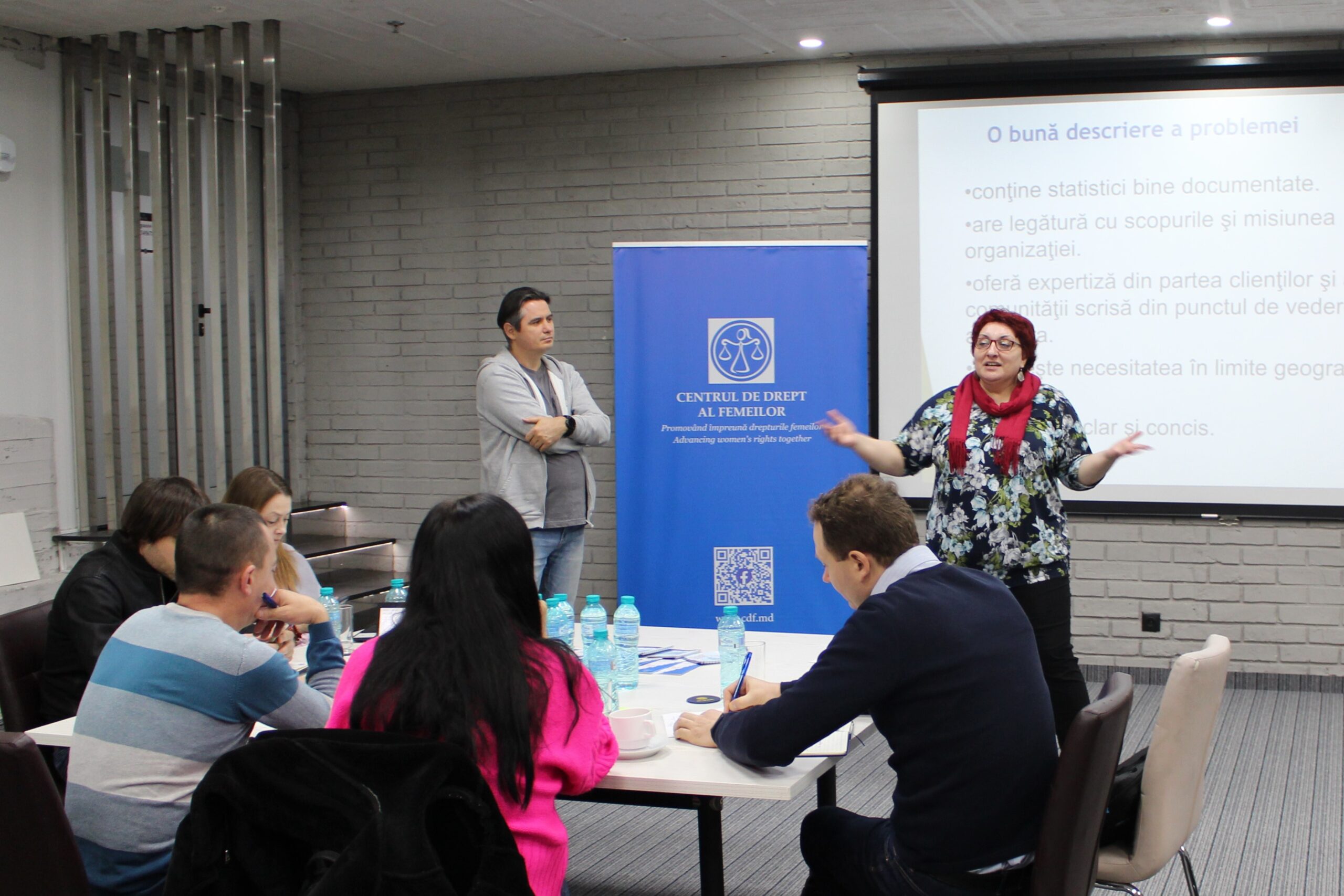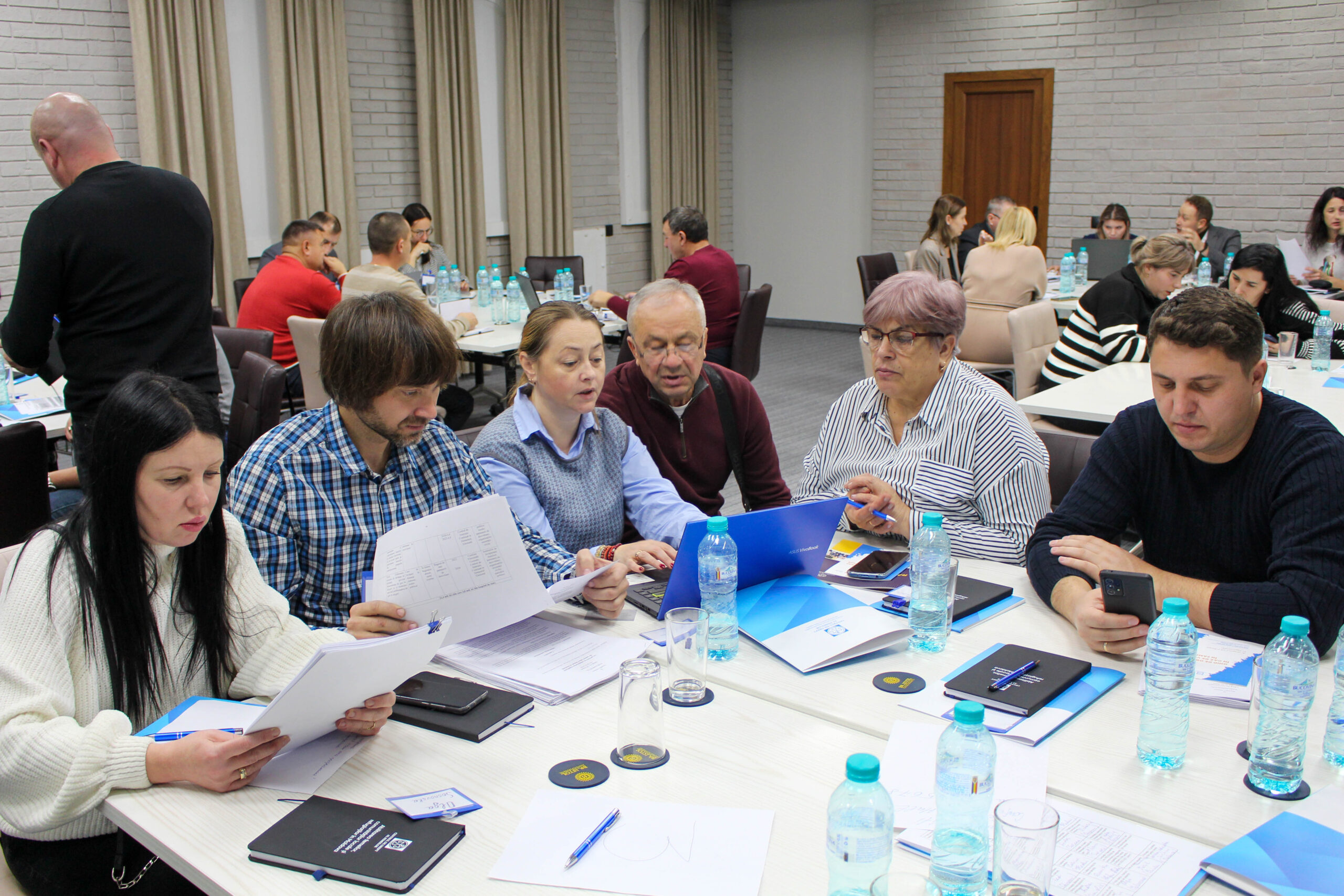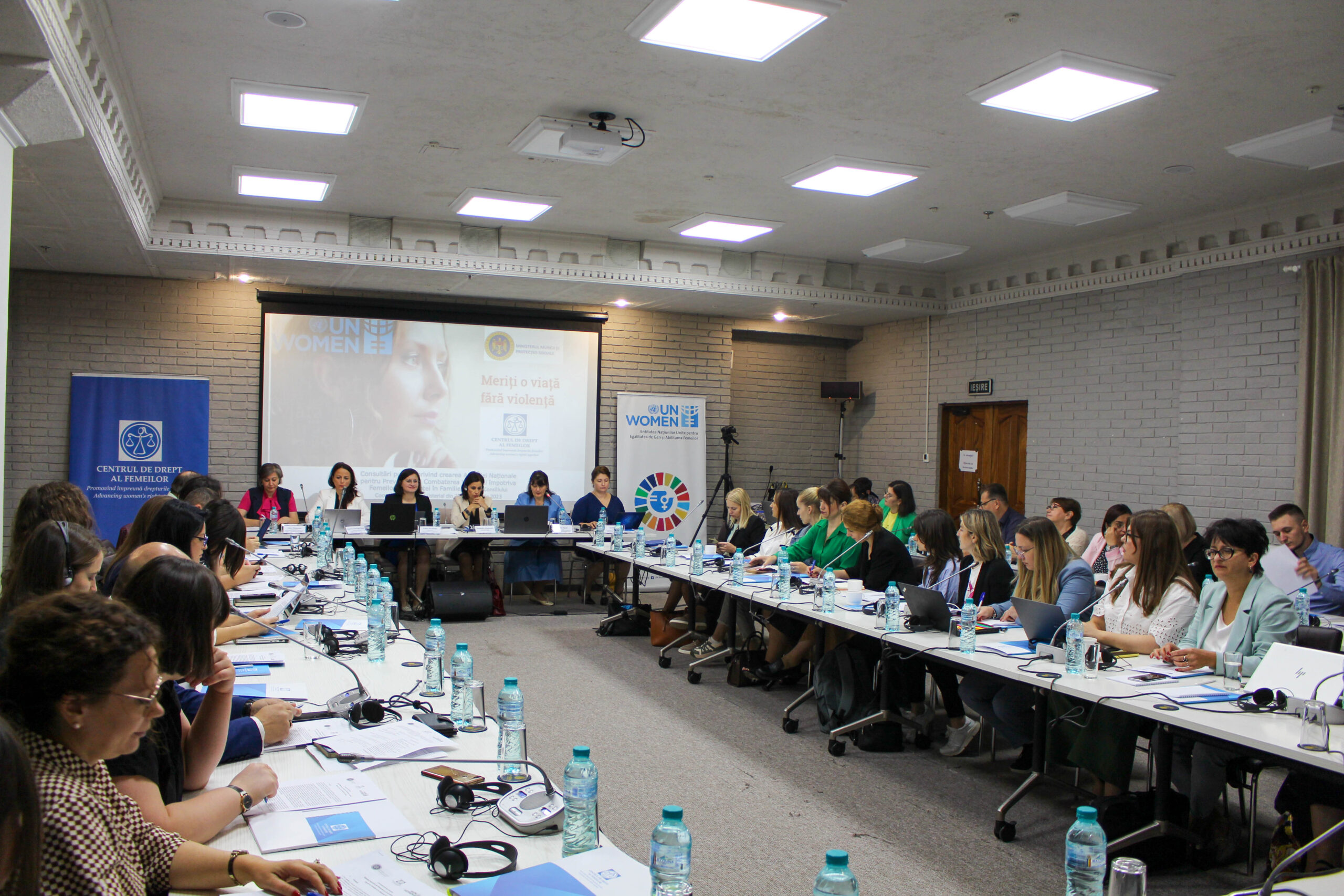What is domestic violence?
‘Domestic violence’ is any harmful physical or emotional act that occurs between members of a family. This may include one episode or several acts of violence, thus forming an abusive behaviour model by exercising control. Domestic violence is intentional behaviour. The purpose of domestic violence is to establish and exert power and control over another person.
Violence is used to intimidate, humiliate or frighten the victim. Men often use it against their intimate partners, including current or former spouses, girlfriends or partners.
Violence occurs when one person gains and maintains power and control over another person in an intimate relationship. It is a pattern of behaviour in which the intimate partner uses physical violence, coercion, threats, intimidation, isolation and emotional, sexual and economic abuse to control or change the other partner’s behaviour. The abuser could be your spouse or ex-spouse, boyfriend or dating partner, even if you do not live together.
To better understand all the ways the abuser can use to maintain power and control over the victim, see the diagram representing what is often called ‘The Power and Control Wheel’.
The Power and Control Wheel shows the relationship between physical violence, sexual violence and intimidation, coercion and manipulation of the wife and children, whom the abuser often uses. The perpetrator uses such techniques in order to keep the power and control obtained by physical and sexual violence. Even one incident of physical violence or threatening to use physical violence may be sufficient to install power and control over the partner.
This control and power is then maintained by non-physical abuse and coercion. For instance, verbal abuse followed by physical abuse carries the risk of further physical abuse and thus may be sufficient to ensure the abuser’s power and control even without the actual use of physical violence.
Five main characteristics of domestic violence:
- Domestic violence is an learned behaviour;
- Domestic violence is a repetitive behaviour and covers various types of abuse that can flow from one to another or can be combined;
- The perpetrator is the cause of domestic violence and not the alcohol consumption, the victim or their relationship.
- The danger for the victim and children increases during the separation of the partners;
- The victim’s behaviour depends on the survival modes she adheres to.
Is abuse normal in a relationship?
Healthy relationships are not abusive. Family members should respect each other and treat each other with respect. The abuser may be dealing with a lot of stress, but this is no excuse for violence. There are many healthy ways to deal with problems and conflict. For example, you can get help from someone you trust. The person abusing you may love you, and you may love them, but violence has no place in a family. The abuser needs to know that many forms of abuse are crimes under the Criminal Code of the Republic of Moldova, and they can be charged by the police. The following sections describe different types of abuse.
To understand if your relationship is abusive, try answering the questions in the Checklist section honestly. Think about how you are treated by your partner and how you treat him. Remember: when a person keeps threatening you, makes you suffer or demands you to obey, this is abuse.
If these things happen to you in your relationship, you need professional advice. As a rule, without help, the abuse will continue.
What should you do if you are abused?
It is possible that you don’t want to talk about your family with other people. It is also possible you think that domestic violence is a private issue. However, this is also a public matter. This issue affects families, children and the entire society. It is very harmful for children to live in an abusive environment. You could talk to someone – a doctor, a social worker, a teacher, a police officer, you can contact us or anyone you trust. If your child was abused ot witnessed the abuse against you, you should contact the Police or the Child Protection Department. It could be very difficult for you to escape the abuse situation without the help of other people.
BEWARE, you may feel addicted to the abuser. It is possible you still love him. You may feel that he needs you. You may also have family members that think it’s better for you to stay with him for the honour of the family. You could feel you have to stay in this relationship. The person that abuses you may threaten you to make you feel that leaving him is more dangerous than staying with him. Or he/she may promise to change and beg you to stay.
Who can be subjected to violence?
Violence can happen to anyone. Domestic violence does not depend on the social level, education, race, religion or sexual orientation. Women may be affected: young or elderly, married or in a relationship, with or without children, rich or poor, employed or housewives.
Most abusers are men. They may seem gentle, mean, quiet or loud, and may be strong or short. There is some evidence that shows that boys who grow up in homes where domestic violence occurs, may become abusers as adults. However, many abusers are from non-violent homes, and many boys from violent homes do not grow up to be abusive. The abuser can be your spouse, ex-spouse, partner or former partner.
The economic or professional status is not a factor that determines someone to recourse to domestic violence or become a victim of domestic violence – abusers and victims can be workers or university professors, judges or porters, doctors or nurses, teachers, truck drivers, builders or shop assistants.
In Moldova, 63% of women are affected by domestic violence at the hands of their spouse/partner in the course of their lifetime from the age of 15, and one in 10 women said that she suffered from economic violence at least once in her lifetime. (NBS, 2011)
At least one in three women globally is beaten, coerced into sex or otherwise abused by an intimate partner in the course of her lifetime. (Commission on the Status of Women, 2000)
Violence can take many forms:
- PHYSICAL VIOLENCE: shoving, slapping, hitting with/against objects, kicking or punching, hair pulling, slamming the victim against walls or furniture, choking, etc.
- PSYCHOLOGICAL VIOLENCE: humiliation and swearing, mocking, criticising opinions or feelings, threatening to beat, threatening to take the children, using children to arouse feelings of guilt, neglect, threatening, demonstrative destruction of objects, psychological manipulation or forced isolation from friends, family, children, school and/or work, etc.
Emotional abuse is a serious matter. Emotional wounds are very hard to heal. - SEXUAL VIOLENCE is coercion to engage in sexual activity or sexual touching without consent, continued sexual contact when asked to stop, or forcing someone to commit unsafe or humiliating sexual acts.
- ECONOMIC VIOLENCE: prohibition of having or keeping a job, limitation of access to family income and assets or own money, deprivation of livelihood such as food, medicine, etc.
- ECONOMIC ABUSE: Attempting to make an individual financially dependent, e.g. maintaining total control over financial resources, withholding access to money, or forbidding school attendance or employment.
- SPIRITUAL VIOLENCE:g. limiting or prohibiting the practice of a religious cult or lifestyle.
BEWARE! Any of these forms of abuse could be used by the abuser against your child too. If you suspect this, call the child protection authorities immediately!
The cyclic nature of domestic violence
Domestic violence is cyclical and does not stop by itself. The ‘bursts of violence’ are followed by a period of reconciliation, when the perpetrator promises that ‘it won’t happen again’, which is then followed by another ‘storm’. Over time, the acts of violence become increasingly frequent and more severe, calm periods become shorter or disappear altogether, and the cycle of violence continues.
How can I tell if I am being abused? Checklist
Myths and Facts About Domestic Violence
Just because it was taboo to talk about domestic violence doesn’t mean it did not exist – it always did. But nobody talked about it, or domestic violence was accepted as something normal in a marriage.
Domestic violence is not a myth; it is a reality that women have almost always encountered in family relationships and had to live with it because no one believed them or helped them in any way.
Domestic violence myths and prejudices instilled at an early age prevent us from realising that domestic violence is a criminal act directed against a person in violation of their fundamental right to protection and freedom.
| MYTH: | Women provoke violence; therefore, they deserve what they get!
|
| Reality | Violence is not a way to resolve conflicts. Men have no right to abuse a woman in any way, no matter what the ‘provocation’ is! |
| MYTH: | It’s not violence, it’s just bickering.
|
| Reality | There is a clear difference between quarrel and violence: the level of power is roughly equal in a quarrel, while the power and strength ratio in violence is not the same, as somebody is definitely more powerful than the other. |
| MYTH: | Violence occurs only in poor or poorly educated families.
|
| Reality | All research shows that the frequency and extent of violence do not depend on the socio-economic or educational level, as violence occurs in all social strata, irrespective of income and level of education. |
| MYTH: | Domestic violence is a private matter – no one should interfere!
|
| Reality | The statistically proven prevalence of the phenomenon and the complexity of the consequences for women, children and adult relationships make this social phenomenon a problem that concerns us all – society as a whole. |
| MYTH: | In fact, women are okay with abusive relationships, otherwise they would leave.
|
| Reality | There are many obstacles why women do not leave their partner: the presence of children and limited resources, lack of a future accommodation, fear, shame, etc.
|
| MYTH: | Violent men are the way they are because they were abused as children or come from violent families.
|
| Reality | Although a significant percentage of men were abused as children, not all of them follow the same path in their relationships as adults. |
| MYTH: | Violent men are mentally ill.
|
| Reality | Research evidence contradicts this belief. |
| MYTH: | Men abuse women because they don’t know any other way to express their emotions.
|
| Reality | The behaviour manifested by the abuser during the so-called honeymoon phase, which follows the incident of violence, speaks to the contrary. During this time, the man seems to regret what he has done, makes apologies and promises not to do it again.
|
| MYTH: | Consumption of alcohol is the cause of domestic violence.
|
| Reality | In reality, the man is under the influence of alcohol in only half of all cases of violence. |
| MYTH: | ‘Children need a father’ or ‘I’ll put up with it all for the sake of my children’.
|
| Reality | Undoubtedly, a child needs a father, but if the child sees only aggression and violence in the family instead of love and understanding, this leads to the psychological and emotional destruction of the child. |
| MYTH: | The violence will stop sooner or later!
|
| Reality | Studies show that once the cycle of violence starts, there is actually little chance that the violence will stop. |



